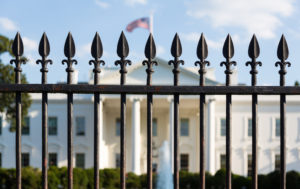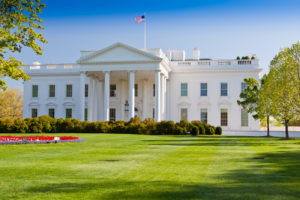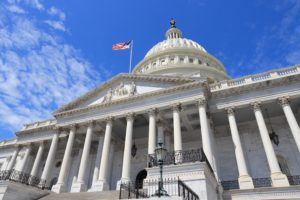Enduring Principles of Sound Regulatory Analysis
The economic foundations of Executive Order 12,866 underscore its continued importance in regulatory review.
The Legal System and Its Reform
Barton and Bibas argue for significant changes to improve justice in the legal system.
How Often Does the Supreme Court Actually Apply Chevron?
The Court applies the Chevron test more often than one influential study suggests.
Simpler Justice
The justice system needs to become faster, cheaper, and better for the poor and the middle class.
Revamping the American Justice System
Leading scholars and practitioners comment on a recent book that argues for a simpler, more streamlined legal system.
Proposed Joint-Employer Rule May Restrict Workers’ Bargaining Power
Federal labor agency proposes a new rule to end confusion over the joint-employer standard.
Deregulatory Realities and Illusions
President Trump’s claims that deregulation has greatly helped the economy are exaggerated.
Warren’s Bill Presents Progressive Vision for Rulemaking Reform
Recent bill would boost public participation and reduce capture in the regulatory process.
Electronic Case Management Can Improve Adjudication
Agencies can benefit from using digital technology to manage case files.
Severability in Agency Rulemaking
Agencies should include severability clauses in rules to minimize legal uncertainty.
Improving the Efficiency of the Paperwork Reduction Act
ACUS collaborated with agency officials to identify inefficiencies in the PRA approval process.
Getting Agencies Back Into the Game
Regulatory reform should reduce rulemaking burdens to promote effective agency action.












